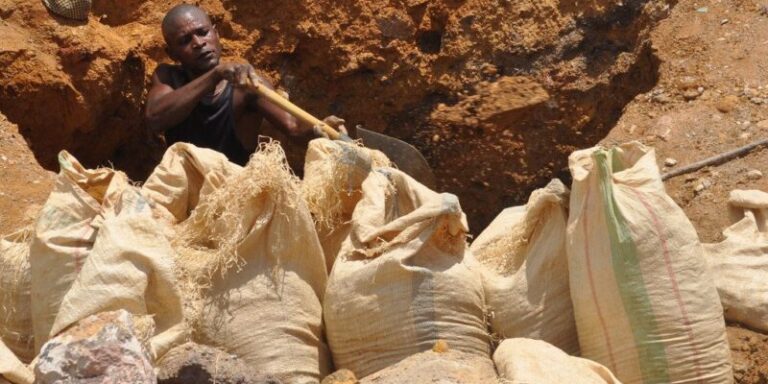
Botswana, a landlocked country in Southern Africa known for its stable political environment and vibrant economy, has long been associated with diamond mining.
However, in recent years, another mineral has been quietly gaining prominence in the country’s mining sector: nickel.
The discovery and development of nickel deposits in Botswana have opened up new opportunities for economic growth and diversification.
Nickel is a versatile metal with a wide range of applications, including its use in stainless steel production, batteries for electric vehicles, and aerospace alloys.
As global demand for nickel has surged, Botswana has positioned itself to take advantage of this lucrative market.
Several nickel deposits have been identified in the country, with the most significant being the Selkirk and the Ditau projects.
The Selkirk Nickel Project
The Selkirk Nickel Project, located in the northeastern part of Botswana, is one of the country’s most promising nickel ventures.
The project is being developed by Tati Nickel Mining Company (TNMC), a subsidiary of Norilsk Nickel, one of the world’s largest nickel producers.
Selkirk is estimated to contain substantial nickel reserves, making it a key player in Botswana’s nickel mining industry.
The Ditau Nickel Project
Another noteworthy project is the Ditau Nickel Project, which is situated in the southern part of Botswana. Ditau is a joint venture between the Australian company, Sandfire Resources, and Metal Tiger PLC.
This project is in the exploration stage and holds significant potential for Botswana’s nickel mining future.
The emergence of nickel mining in Botswana has had a positive economic impact on the country. Here are some of the key ways in which the nickel industry is contributing to Botswana’s economy:
.Job Creation: Nickel mining has created employment opportunities for Botswanans, from skilled professionals to local laborers. This helps reduce unemployment rates and stimulates economic growth in the region.
.Export Revenue: The export of nickel ore and nickel products contributes to Botswana’s export revenue, diversifying the nation’s income sources beyond diamonds.
.Infrastructure Development: Mining projects often necessitate infrastructure development, such as roads, railways, and ports. This infrastructure development benefits not only the mining industry but also the broader economy.
.Technology Transfer: The introduction of modern mining technologies and practices in nickel mining contributes to the growth of a skilled workforce and knowledge transfer that can benefit other sectors in Botswana.
While nickel mining holds great promise for Botswana, it also comes with challenges that must be addressed to ensure its sustainability.
Environmental concerns, such as water management and habitat preservation, need to be carefully managed.
Additionally, the government and mining companies must work together to ensure that the benefits of nickel mining are fairly distributed among the local population.
Nickel mining is on the rise in Botswana, diversifying the country’s mining sector beyond diamonds. The Selkirk and Ditau Nickel Projects, along with other potential deposits, are poised to make a significant contribution to the nation’s economy through job creation, export revenue, and infrastructure development.
However, it is essential to balance economic growth with environmental and social responsibility to ensure the long-term sustainability of the nickel mining industry in Botswana.
As the global demand for nickel continues to grow, Botswana is well-positioned to become a prominent player in the nickel market, further strengthening its position as a key player in Africa’s mining industry.





